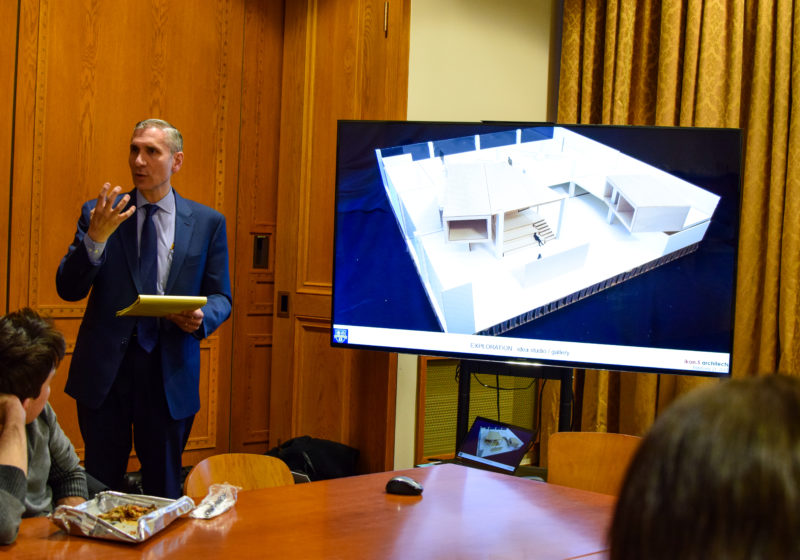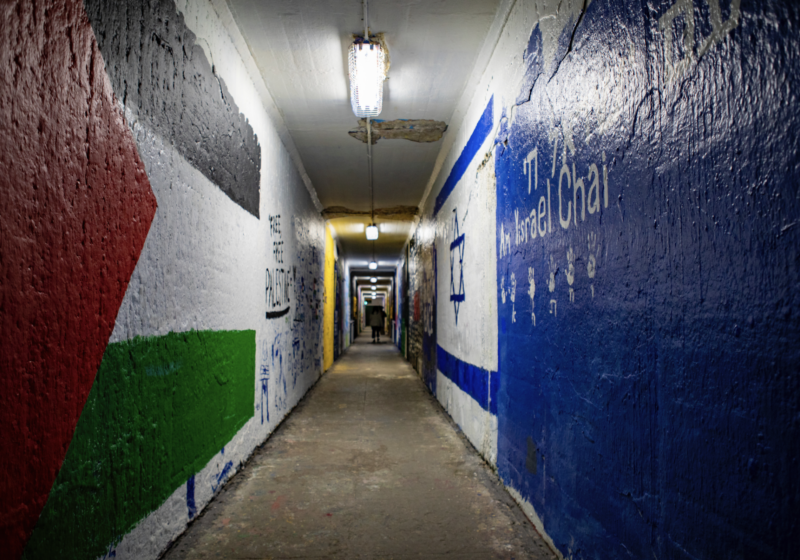With the design phase of the Barbara J. Burger iZone underway, students who attended last Tuesday’s River Campus Libraries (RCL) Forum questioned the new space’s practicality.
“I’m just a little bit confused with some of the purposes of it,” one attendee said. “The booths are something that just got put into Rush Rhees, the collaborative rooms are something that we just put into Douglass, and just last week a bunch of us were looking around in the library and could not find a seat to sit down and study at.”
The iZone, a planned workspace rehaul that will focus on collaborative work, will essentially replace what is currently Information Technology Services (ITS).
Though the services the IT Center provides students with will remain, the help desk will be relocated to a spot adjacent to where it is now, and the space will be renovated to create “a hub and community for students who want to make an impact on the world through problem-solving, team-building, solutioning, and conceptual thinking,” according to Director of the iZone Julia Maddox.
This is supposed to mean that students will ideally use the iZone to work collaboratively on projects and network with like-minded people.
It’s Maddox’s hope that the space will be conducive to helping students learn how to use and apply entrepreneurial problem-solving and innovative design thinking.
The preliminary design of the iZone includes open collaborative areas and project team rooms, a presentation and display space with an amphitheater, a meeting and consultation space, administrative offices and workstations, storage space, and a computer lab.
The mezzanine—otherwise known as upper-ITS—will be kept and made handicap accessible, and more windows to draw natural lighting from will likely be installed.
Despite the modern approach to iZone’s design, students at the forum were unsure that a space like this would be useful for everyone.
“I think you should be aware that you are taking one of the most and best used resources of the University and replacing it with something new and untried,” a graduate student and ITS employee said.
Among his concerns was the fate of the desktop computers that line the back portion of lower-ITS.
“I know the expectation is that, as everyone gets their own devices, people aren’t going to be using them, but the fallacy in that is, as we get smaller with these tablet-like devices, there is in fact more need for the computing power of the desktop machines that we have and the software that comes with them,” he said.
Another student asked, “So I guess the point of this, really your vision of this, is if you have an idea and you need help from someone in a completely different major and want to collaborate, or just start an idea, you would go to this spot. Why don’t you just digitize this and have a database?”
Though students were largely critical of the iZone’s current design plans, Maddox and Dean of River Campus Libraries Mary Ann Mavrinac welcomed the feedback they received and say they’ll continue to seek student opinion in future RCL Forums.
“We want to have the voice of the customer, our students, at the center of everything we do,” Maddox said.
Correction (2/28/17): A previous version of this article said the iZone would begin construction in May, as had been announced last semester. That is no longer an accurate timeline, and the article has been updated to reflect that.
Clarification (2/28/17): A previous version of this article said the IT help desk would be relocated. We have clarified that statement to say it will be relocated to a spot adjacent to its current location.





